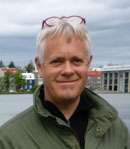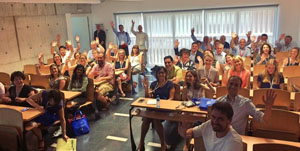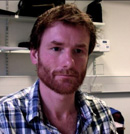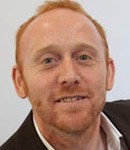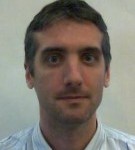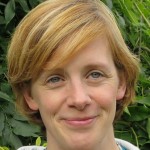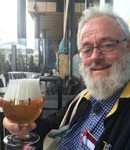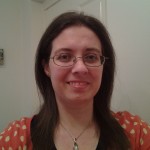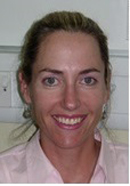 Earlier this month I had the pleasure of attending the BERA (British Educational Research Association) Annual Conference in Leeds. I was fortunate enough to have a presentation accepted: “Digital Capabilities and Expectations of Prospective Students: Preparing Higher Education for Learning and Teaching of the Future”, and received a teacher bursary award from BERA to attend.
Earlier this month I had the pleasure of attending the BERA (British Educational Research Association) Annual Conference in Leeds. I was fortunate enough to have a presentation accepted: “Digital Capabilities and Expectations of Prospective Students: Preparing Higher Education for Learning and Teaching of the Future”, and received a teacher bursary award from BERA to attend.
Several Newcastle University ECLS colleagues attended as did FMS’s Jo Matthan who presented “Developing the learning and teaching of practical clinical skills using video playback technology to enhance the student experience and incorporate self-assessment into the feedback process”.
It was a three-day conference including three keynote presentations: “Education in Conflict: Redefining the Contours of Change”, “Education for ‘Political Generosity’: The role of schools in supporting young people’s understanding of politically complex societies” and “Teacherbot: Interventions in Automated Teaching”. Reflecting on these speakers and reading through the abstracts, it became clear the role of the school, teachers and education as an agent of social change is paramount.
It is always interesting to attend non-medical/clinical conferences. Delegates came from all over Europe and from secondary/primary schools FE and F/E. BERA’s vision is to promote the development of a world-class education system based on high quality educational research. It seeks to counter-balance the politicisation of education by carefully presenting the findings of the best independent and critical research, through its projects and publications. This was clear by the varied presentations, posters and special interest group meetings. Lots of sponsors and exhibitors were present and with over 1000 delegates, it was a stimulating and active environment.
I have the abstract book and links to the keynote speakers if anybody is interested. Next year, the conference will be in Sussex. If any FMS staff are interested in evaluating the effectiveness of current policies and practices, and also generating fresh thinking and bringing a humanising influence to bear on proposals for reform, it is a fantastic opportunity to look at education at a slightly different angle than traditional medical/clinical education.
Dr Laura Delgaty, School of Medical Education

